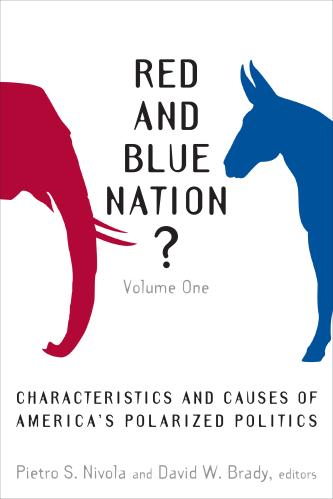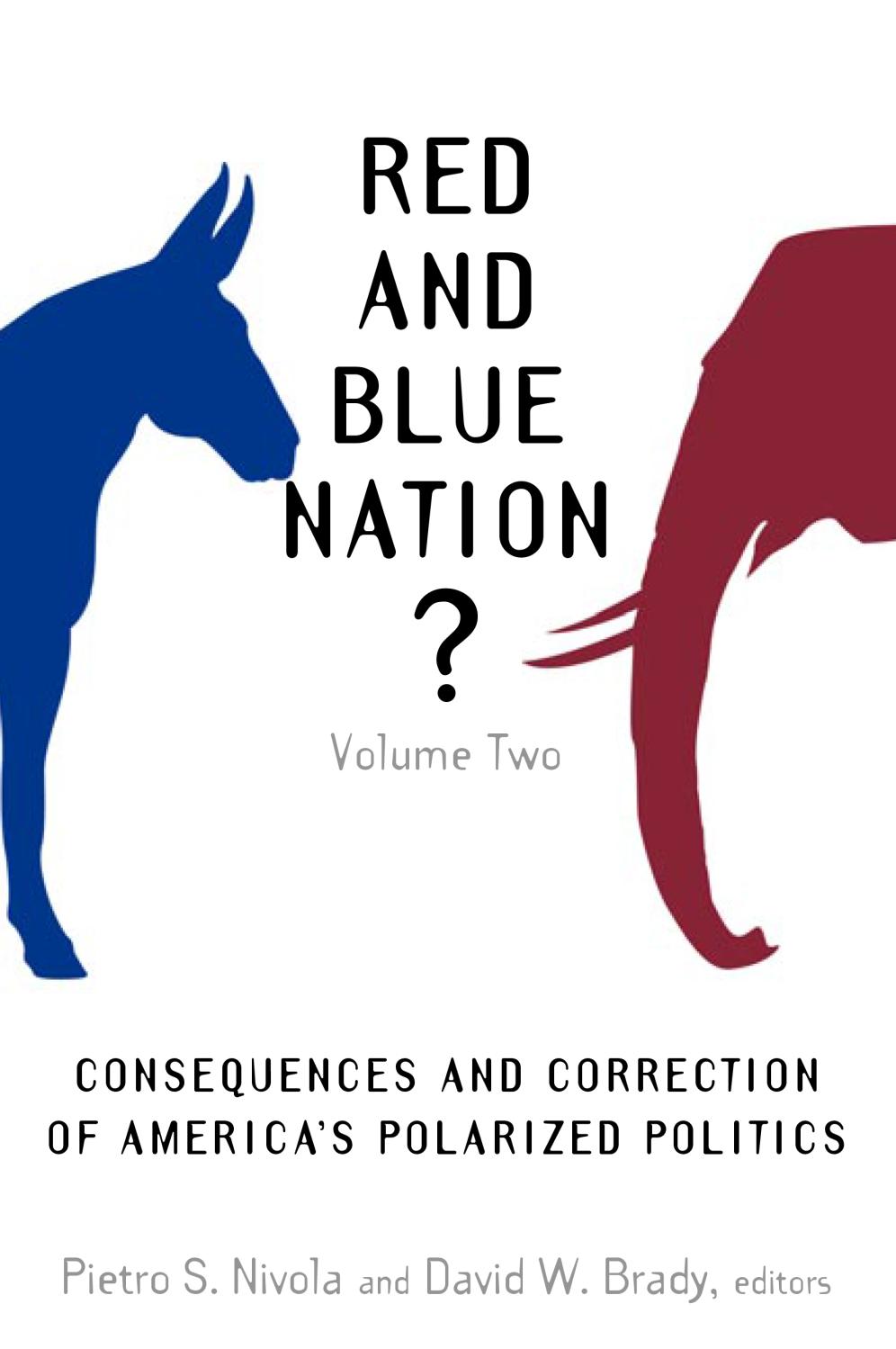


Book
A Brookings Institution Press and the Hoover Institution publication America’s polarized politics are largely disconnected from mainstream public preferences. This disconnect poses fundamental dangers for the representativeness and accountability of...